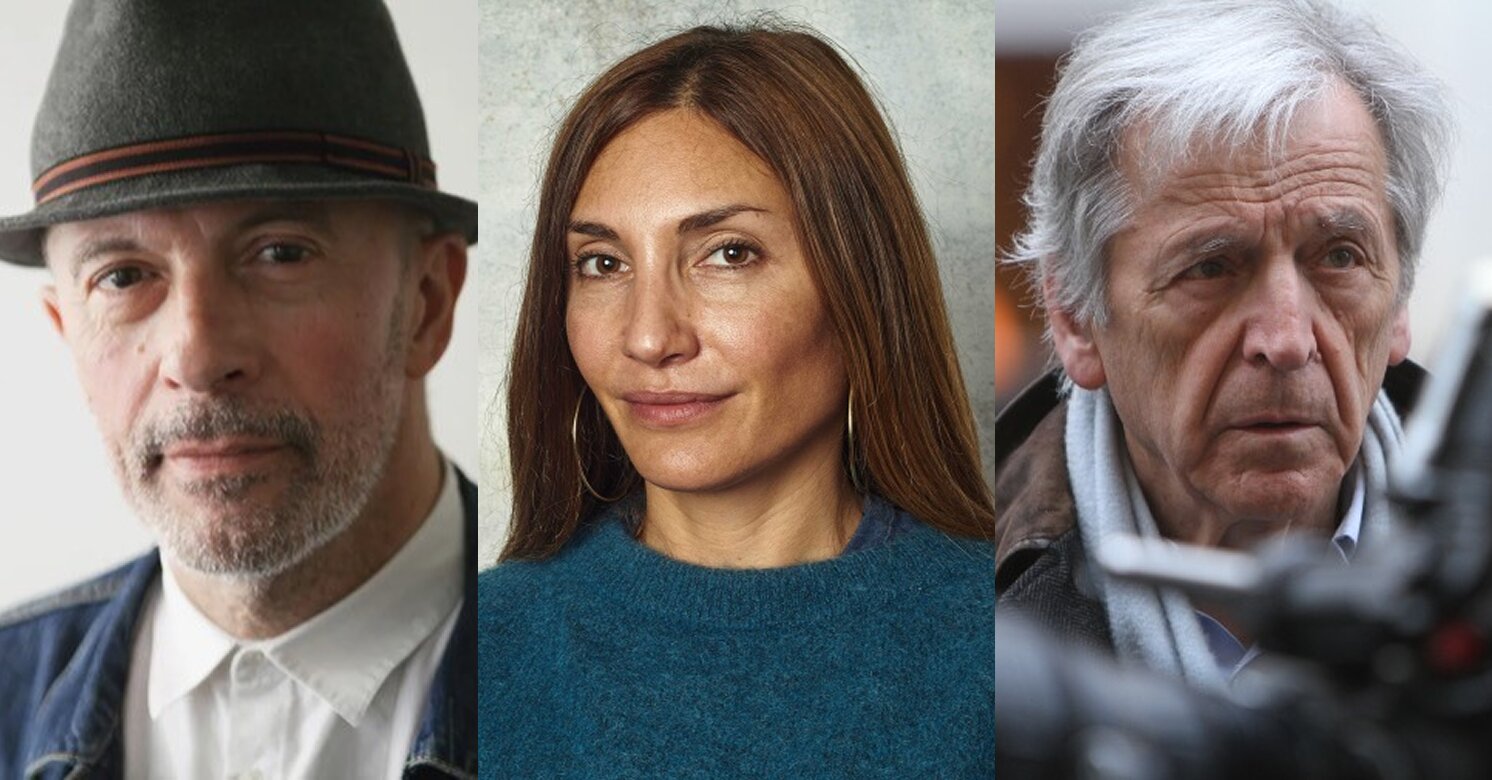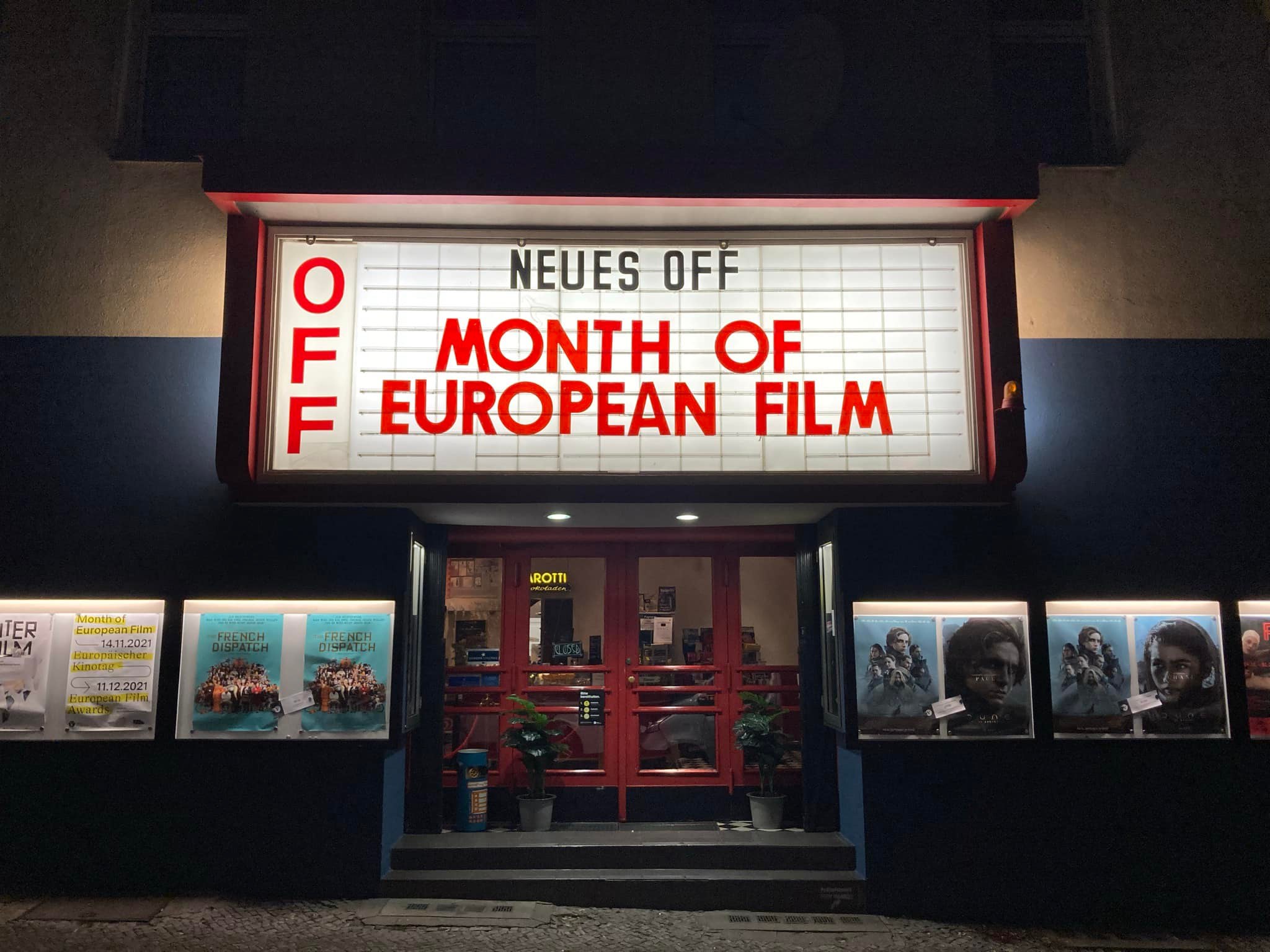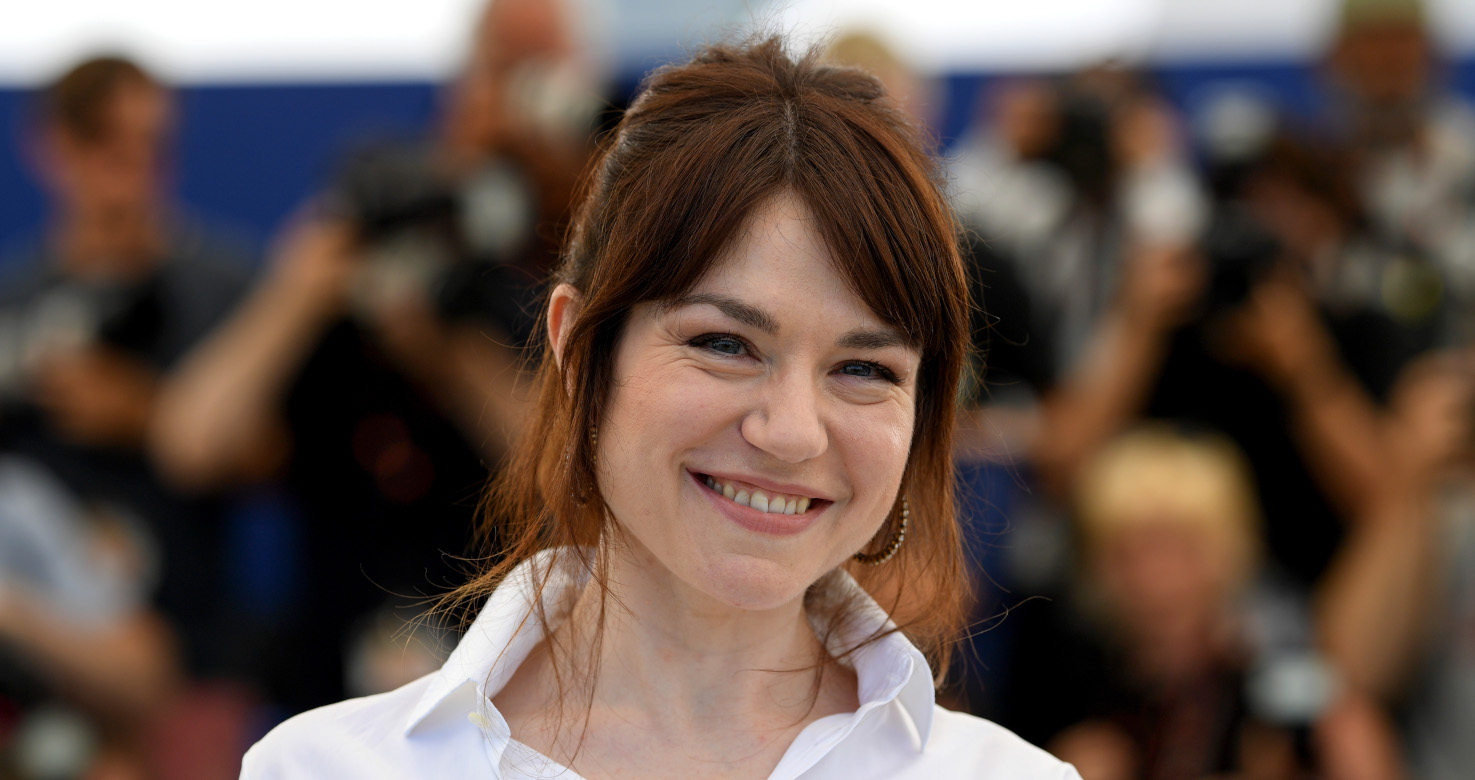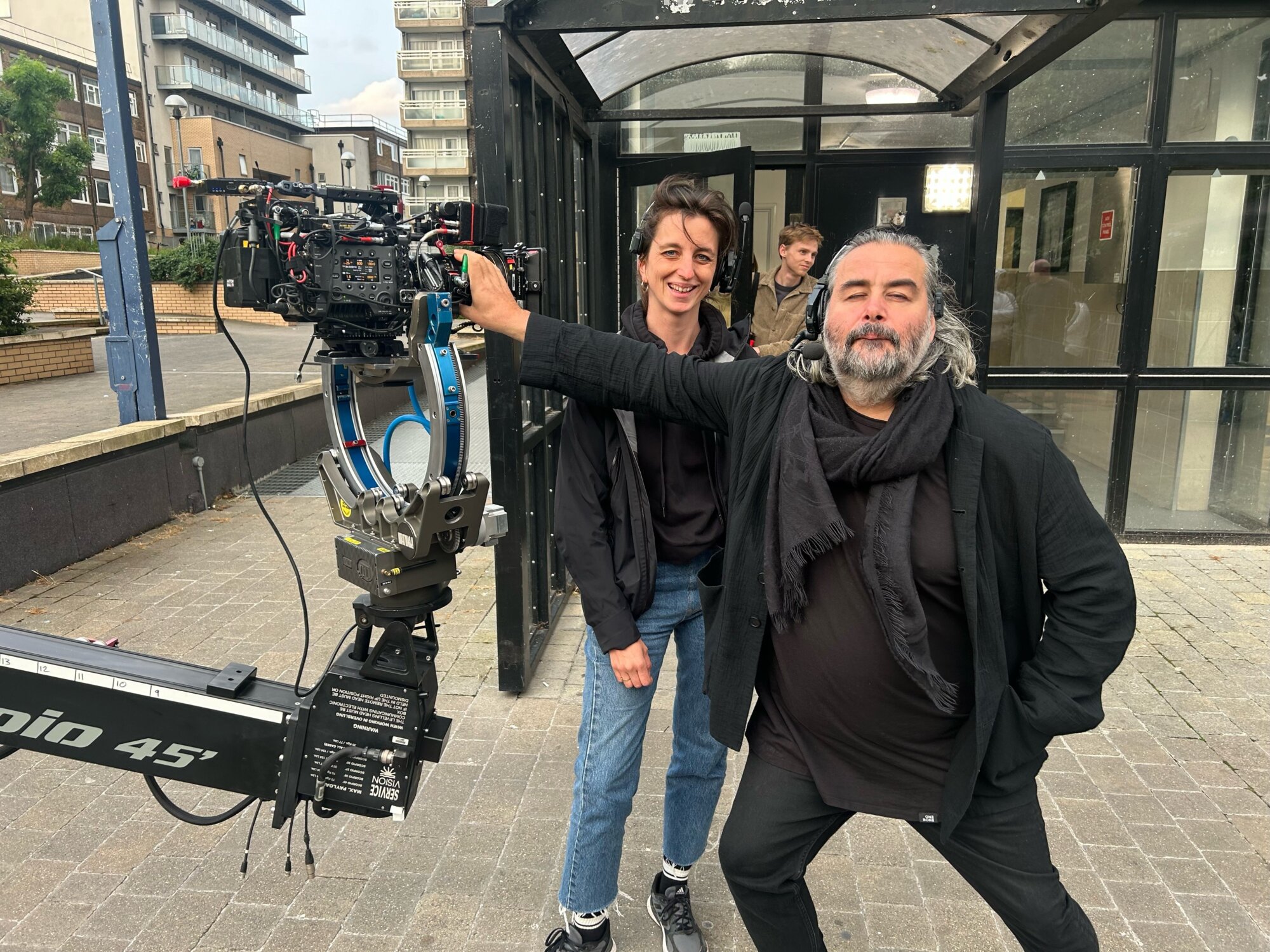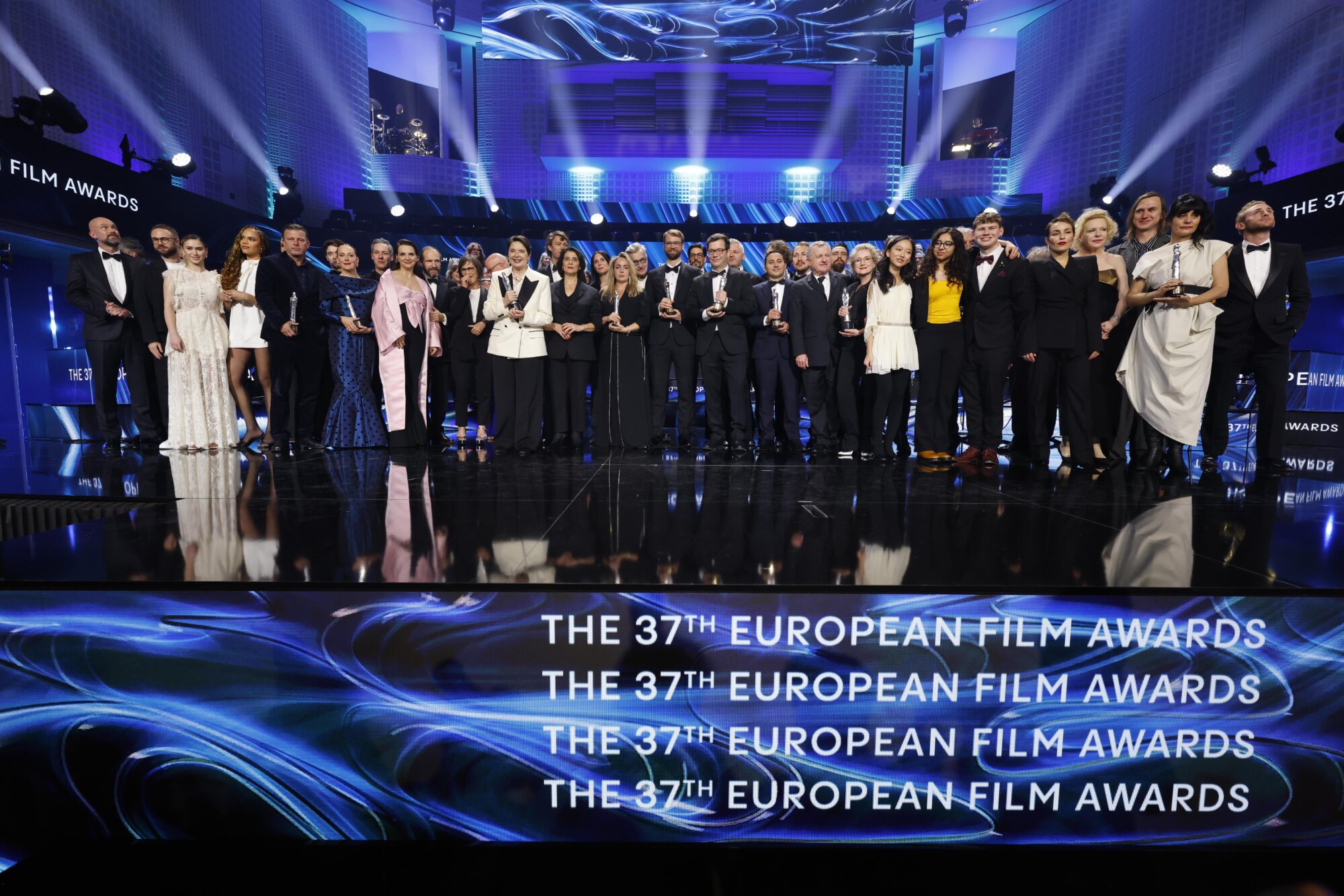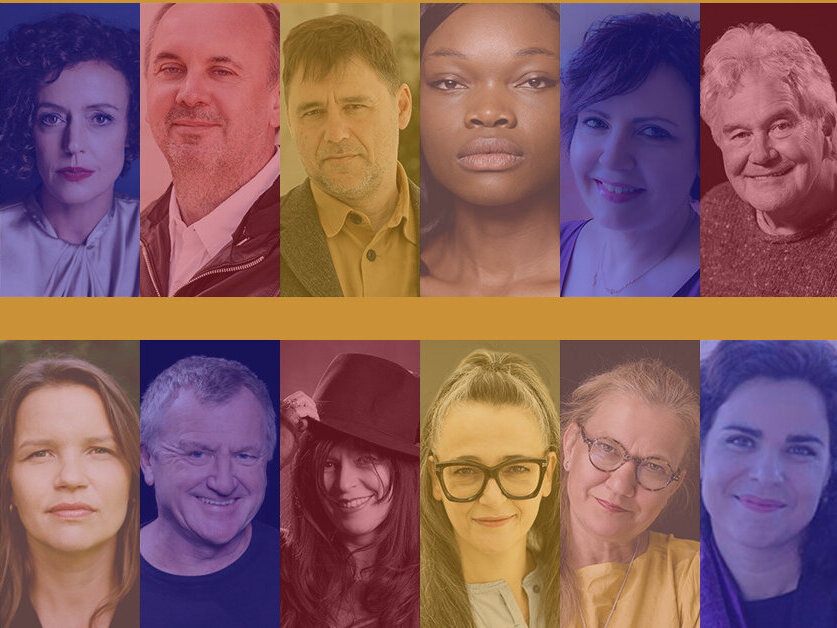There Is No Lying In Mud
There Is No Lying In Mud
The World of Béla Tarr
The World of Béla Tarr
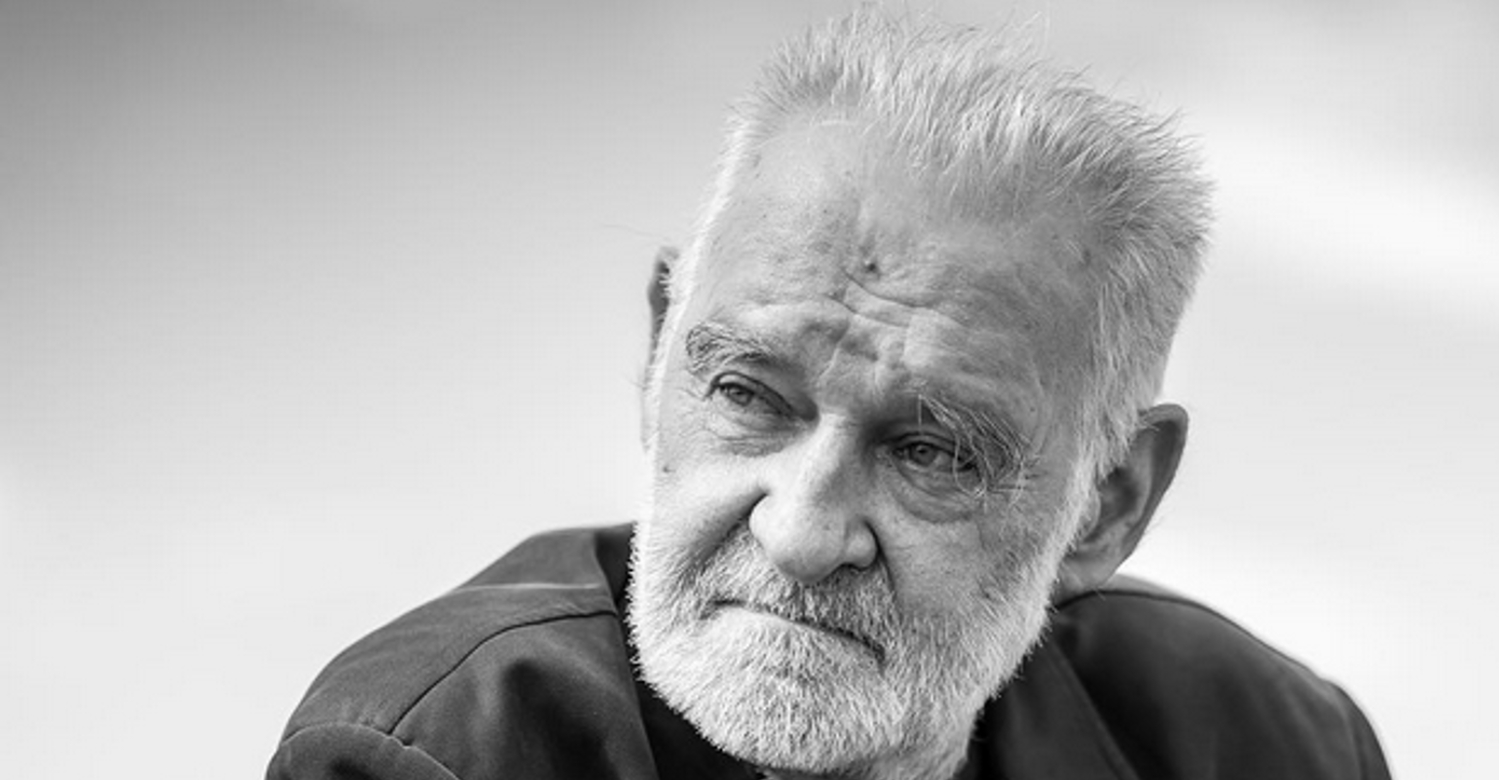
by Maria Dutkiewicz, Poland
There’s mud, rain, textures, silence, misanthropy, unexpected beauty, and a soundscape that is almost synesthetic, and intricate choreography of mise-en-scène, and it’s all utterly breathtaking. But underneath all that there is a core, and what I believe makes the core of Béla Tarr’s cinema is honesty.
Greatness of visual directors often comes from the ability to convey the angle from which they see the world. Let’s be real: Béla Tarr, both as a persona and within his works, writes the ultimate ode to staying true to one’s own perspective. He oozes this attitude with every
living fibre and every composed frame. Among a myriad of stories cut to fit neatly into the made-up box of how filmmaking should be approached, his movies are the staple of standing strongly behind that vision. While expectations may fade, these movies remain. There are no gimmicks, nor easy solutions, and definitely no shortcuts: Tarr cultivates filmmaking as one cultivates the earth – this is honest work. The farmer does not stop ploughing, even though Icarus just fell from the sky.
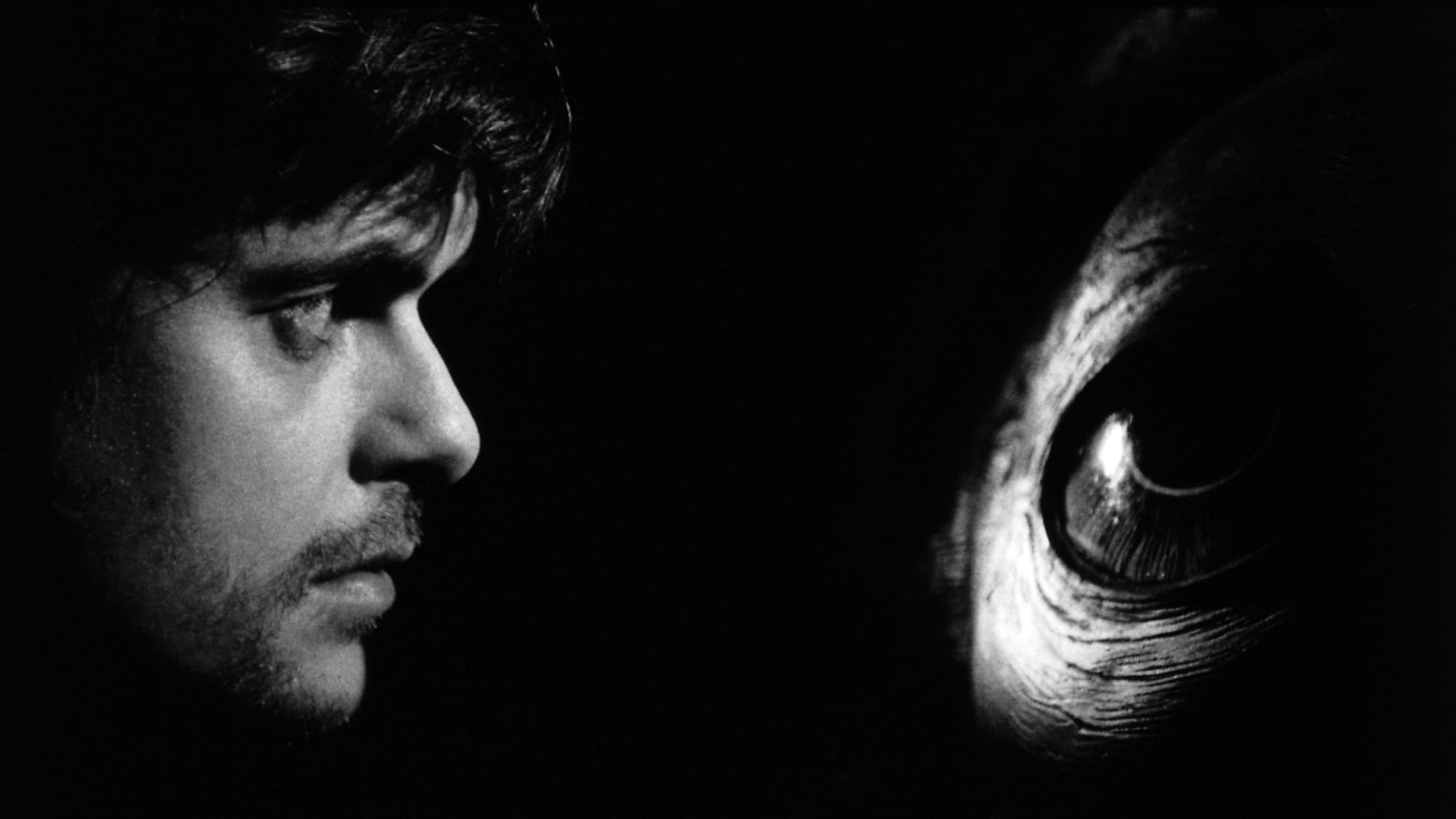
Béla Tarr developed an idiosyncratic language uniquely his own: time sculpted precisely into shots that recalibrate the meanings of beauty. They combine into a deliberate rhythm; a hypnotising and almost transcendental rhythm that turns a screening into a trance-like experience. An encounter with this kind of cinema shows us how radical a shockingly simple approach can be: to do things the way they need to be done. The shot lasts as long as it should – who would have thought that this idea would be so extraordinary? Because time gains a character of its own, it speaks with its own words: whether those are profound or prosaic, Tarr’s films leave the space for them. A piece that does not soliloquise, but rather enters into a dialogue with the audience is a creation so rare, so unusual, that cherishing it is not easy but is undeniably worth the effort.
The effects make the skin itch, and the lump in the throat grow heavier. Tarr’s movies literally enter the viewer’s body; they remind viewers of their own fragile and ugly humanity. Experiencing them is like listening to music, not like reading the notes. And it’s the music that will ring in your ears for a long time because there is no going back from encountering this utterly and thoroughly unapologetic cinema.
The world needs people like Tarr to convey the message of hope. Hope – what a weird word to use in this context, but I unapologetically stand by it. Tarr touches something deep within the realm of having a soul and that’s why his work is timeless. One doesn’t make this kind of movies for acclaim, money, or fame. One makes them, to tell others about the undoubtedly genuine truth about being alive. About being weak. Patient. Brave.
Honest.
Maria Dutkiewicz (she/her) is a storyteller, writer, problem-solver, and bookworm. With a Master of Arts from the University of Arts in Poznań, for the past six years she has worked jobs related to communication and project management for cultural institutions, NGOs and commercial brands. Maria is a big fan of the little things in life, and a strong believer in karma. In 2023, she participated in the European Film Academy’s “A Sunday in the Country” for young critics and film journalists.

